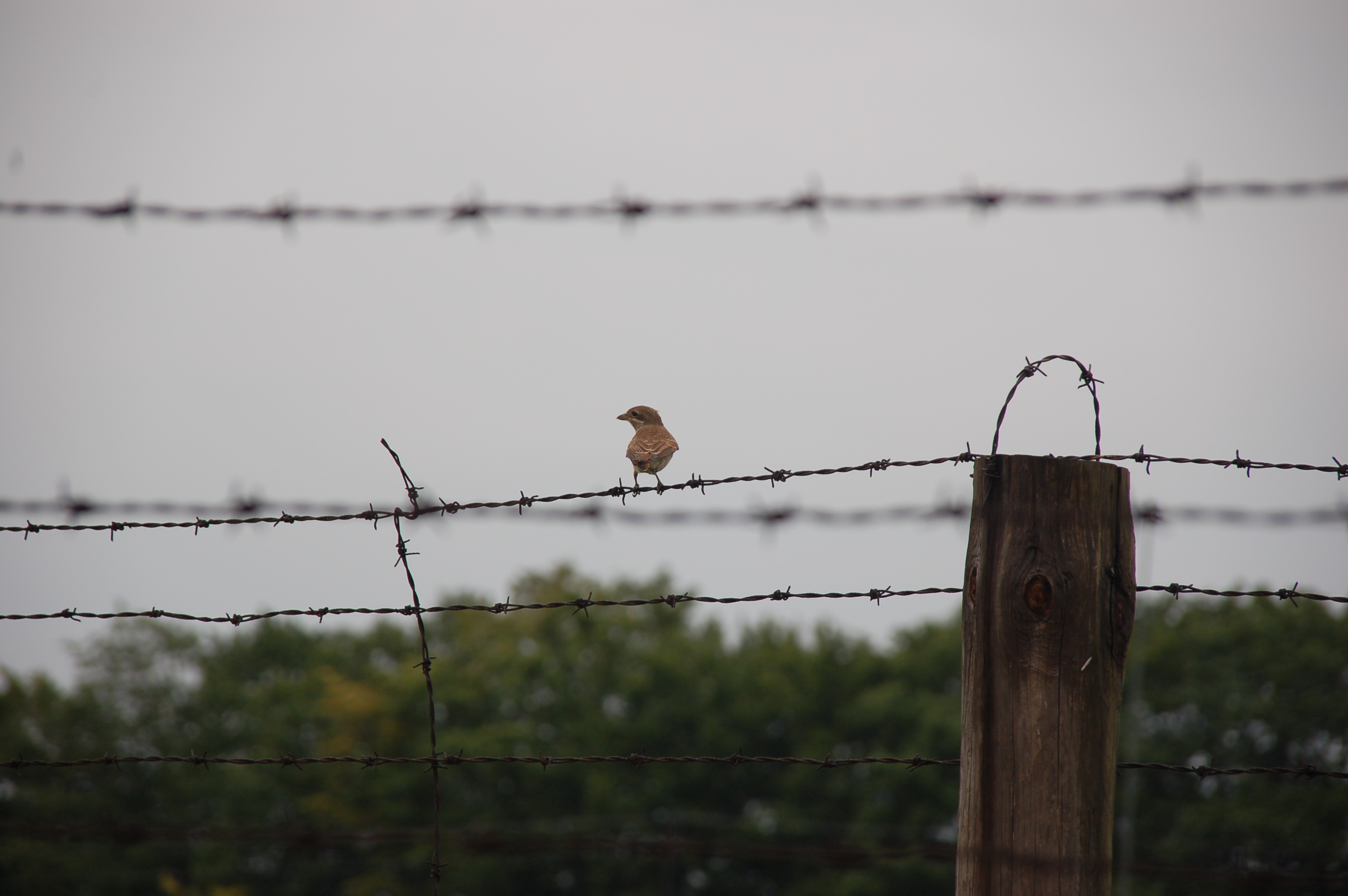 Good morning! How is the sun peeling through the night’s succor where you are? Did you celebrate the Summer Solstice this weekend? Have you noticed that the days are shorter now?
Good morning! How is the sun peeling through the night’s succor where you are? Did you celebrate the Summer Solstice this weekend? Have you noticed that the days are shorter now?
This weekend I had the great pleasure of participating in A Festival of Writing, sponsored by AWA West and the Pacific School of Religion (Pat and Peter Schneider’s alma mater). I facilitated two writing sessions (one focused on writing about sex, and the other a general topic writing session, like Writing the Flood). What a gift it was to spend a day connecting with new writers and my AWA community here in the greater Bay Area. At the end of the day, we got to gather with Pat (via the wonders of technology), who shared with us about the seasons of a writer’s life and read from her new book How the Light Gets In: Writing As A Spiritual Practice.
In the second writing session, I started us off with a collection of images that I scattered over the table; we each chose an image or two, and wrote from those. The image that spoke to me was one that showed a bird flying over barbed wire, and this was the writing that came from the prompt:
She was the bird who called to us. She was the hoarse angel, she was the chemical peel,she was the undeviled thing, the pickling spice, the debonair lounge of legs. She wrote us around the corner and asked us to find names for all our calipers and rusted bolts, the parts jostling and broken. For the places where we had come undone, she strung twine through the body of a needle and knitted our wounds while we ached into the absence of memory. She untaped our memory from its hiding places. She tapped around our bodies, listening for the hollow places, and it was there that she began to puncture and crease, pushing her nails into the thin membrane of our security, waiting for the sorrow in us to be revealed. She strung us over, called to us from beyond the points of the barbed wire that kept us hemmed in, that we had strung around ourselves, that we tightened and reknotted every year, weeping and weeping about our confinement. She hovered above us, she called in sharp songs and pierced anguish, she fed us back what we had practiced ignoring.
We thought our lives were complete, that recovery had an end date, that locked jaws and noses to the grindstone were the same as serenity, that slivers of joy were all we could hope to have shiver our bodies awake, and those only to surprise us every so often. She held out the song of the long view — she whisked her wings before us and revealed plains of cavernous pleasure, faces pumaced with laughter, days, weeks, even, in which our spirits would not be pockmarked by history, stretches of time in which we would not only live within the carapace of loss. And when we reached for those possibilities, she trapped our wrists in sharp taloned grasp, she favored us with her ashen gaze, she said: There is no easy way to this place I have shown you — my beautiful, you have to go through.
And in her broad brown wings, we saw the years of rage and sorrow, we saw the tears crease down our cheeks, we saw ourselves remembering what we had trained ourselves to forget. Our bodies went limp with terror, or our bodies stiffened, every tendon taught: we did not want to walk this way. We had survived; wasn’t that enough? But her body clothed itself in the finery of joy before us, and though we didn’t know enough to say, We want what you have, still we felt something enter our bones: the only way through the history is to remember and move forward anyway.
So we went through, and little by little, one tender and broken and strong step at a time, we felt the pinfeathers pierce our shoulders, we felt our own wings begin to reemerge.

4 responses to “She held out the song of the long view”